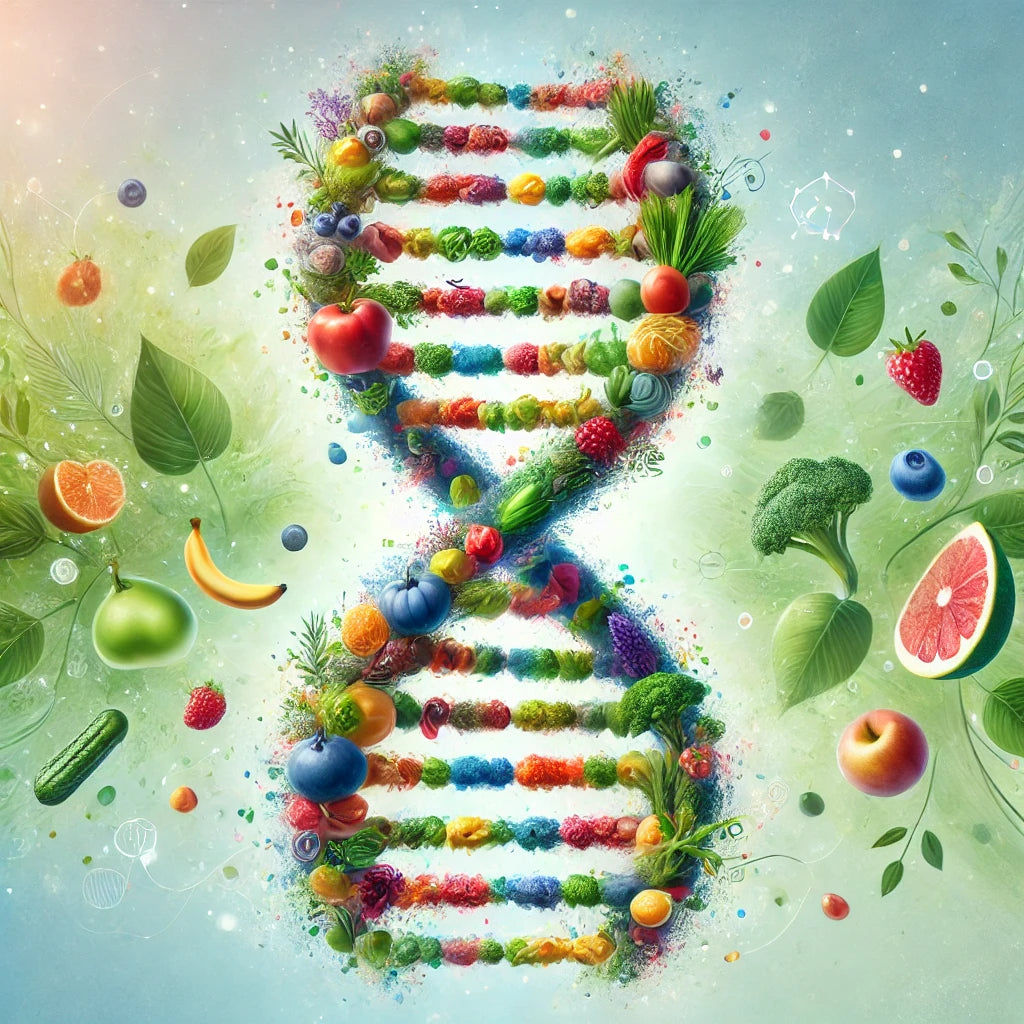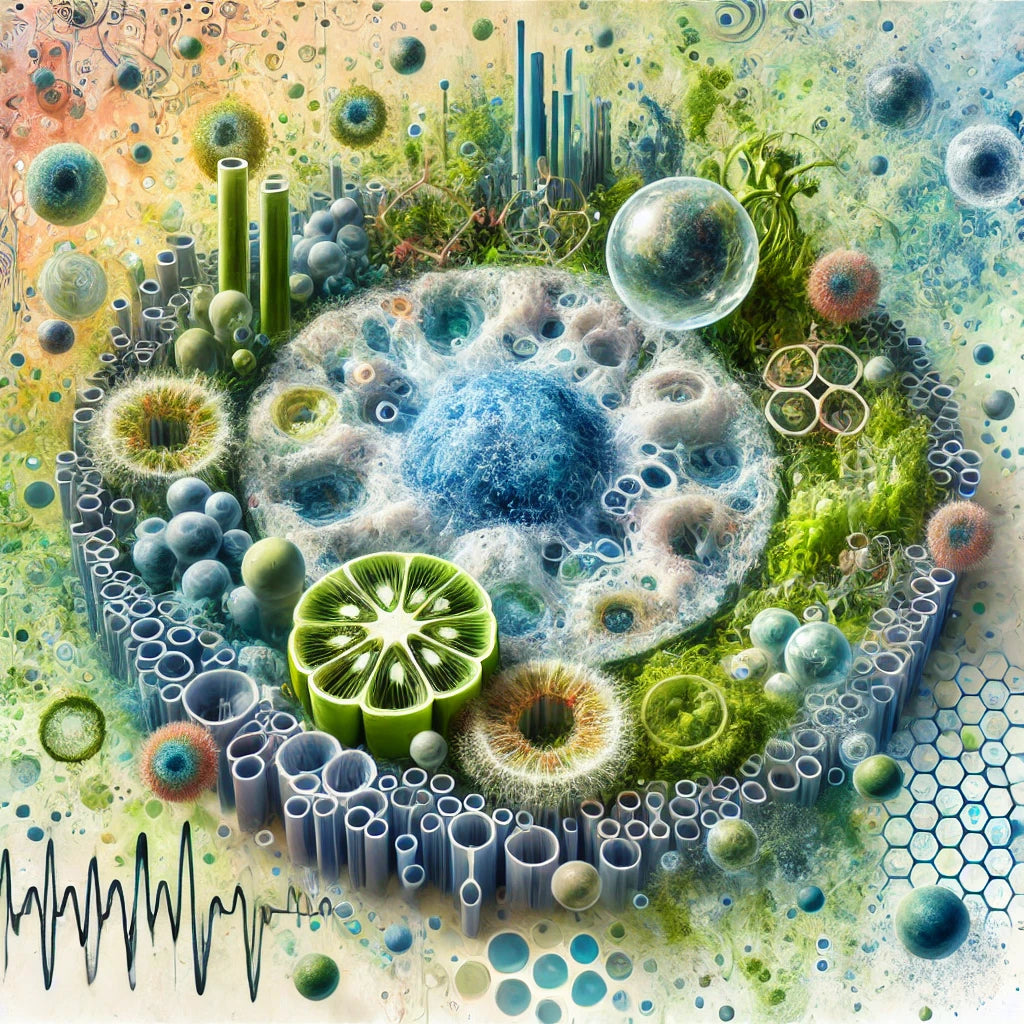News — disease prevention
Herd Immunity: How Vaccines Protect the Entire Community
community health COVID-19 disease prevention herd immunity immunity threshold infectious diseases public health vaccination benefits vaccine hesitancy vaccines
Herd immunity is one of the most powerful tools for protecting public health, especially in the fight against infectious diseases. It's a phenomenon where enough people in a community are immune to a disease, either through vaccination or prior infection, that it significantly reduces its spread. But what makes herd immunity so vital, and how do vaccines play a pivotal role in achieving it? This article dives into the intricacies of herd immunity, explaining how vaccines not only safeguard individuals but also serve as a shield for the entire community, including those who cannot be vaccinated.
Vaccination campaigns have saved countless lives by preventing the spread of diseases such as measles, polio, and influenza. Yet, achieving and maintaining herd immunity requires collective effort and understanding. By exploring the science, benefits, and challenges associated with herd immunity, you'll see how this public health strategy protects society at large.
Globalization and Infectious Diseases: The Challenges of a Connected World
connected world Cross-Border Health Issues Disease Prevention disease transmission Epidemics and Pandemics Global Disease Spread global health Global Health Security globalization health challenges Health in a Globalized World infectious diseases International Health Concerns Public Health Risks public health strategies Travel and Health
Globalization has brought people, economies, and cultures closer than ever before. While this interconnectedness fosters innovation and economic growth, it also presents unique challenges for public health. Infectious diseases, which know no borders, are spreading faster due to increased travel, trade, and urbanization.
This article explores the complex relationship between globalization and infectious diseases, examining how connectivity impacts disease spread and management. We will also discuss strategies to mitigate the risks in our interconnected world.
Unlock Your Genetic Potential with the Epigenetic Diet
anti-inflammatory diet antioxidants cruciferous vegetables diet and health disease prevention DNA methylation epigenetic diet epigenetics folate gene expression genetic potential gut health healthy aging longevity methylation nutrient-dense foods nutrition and genetics omega-3s personalized nutrition polyphenols
Our genetics have long been seen as the blueprint of who we are, influencing everything from our physical appearance to our health risks. However, recent research in the field of epigenetics reveals a groundbreaking insight: our genes are not set in stone. They can be switched on or off by various factors, including our environment, lifestyle, and especially, our diet. This means that what you eat doesn’t just fuel your body—it may influence how your genes express themselves, which could have profound effects on your health and longevity.
An epigenetic diet incorporates foods and nutrients known to impact gene expression. This approach empowers individuals to make dietary choices that support the best possible genetic expression, potentially reducing the risk of diseases, improving metabolism, and even slowing the aging process. This article delves into the science behind epigenetics, examines foods that support beneficial gene expression, and offers actionable steps to help you unlock your full genetic potential through your diet.
The Power of Autophagy: Your Body's Cellular Recycling System
autophagy autophagy activation autophagy benefits autophagy diet autophagy exercise autophagy fasting autophagy myths autophagy nutrition autophagy science cellular health cellular metabolism cellular recycling disease prevention exercise and autophagy fasting and autophagy intermittent fasting longevity mTOR
Autophagy, derived from the Greek words "auto" (self) and "phagy" (eating), is a natural process within our cells that acts as the body’s internal recycling system. This mechanism allows cells to break down and remove damaged components, such as proteins and organelles, and repurpose them to maintain cellular health. In recent years, autophagy has gained significant attention for its role in promoting longevity, preventing disease, and enhancing overall well-being.
Understanding autophagy and how to activate it can unlock numerous health benefits, including improved cellular function, resistance to disease, and even slowing down the aging process. This article delves into the science behind autophagy, its importance for cellular health, and practical ways to harness its power for better health and longevity.




